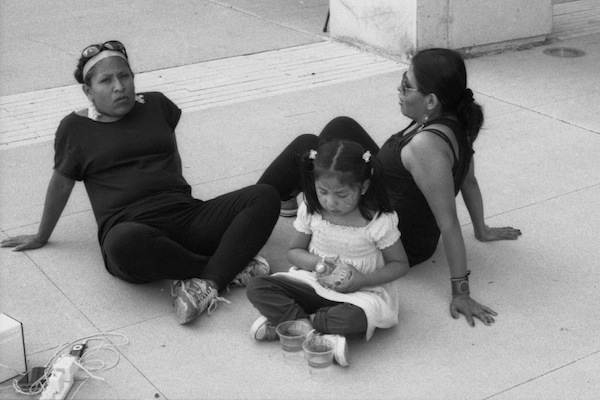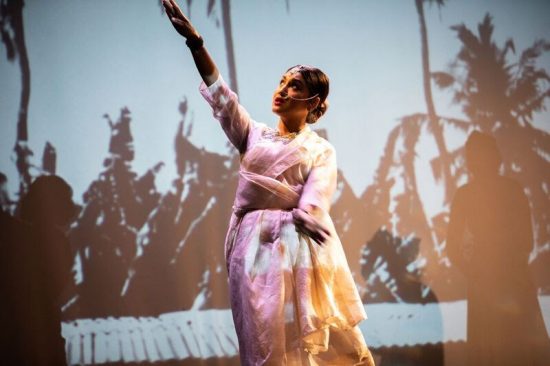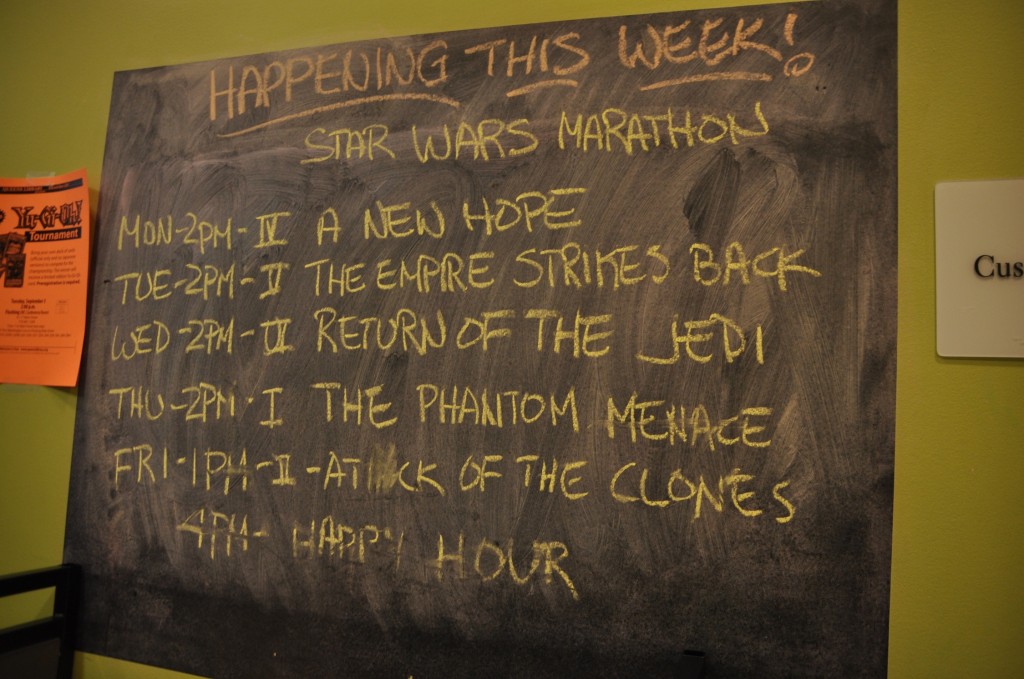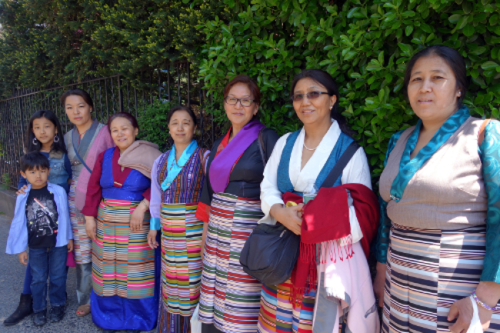My grandmother spent many long years cleaning toilets, washing bedsheets, and mopping floors doing the best she could to navigate a country knowing her then-undocumented status and her lack of language skills put her at a severe disadvantage.

August 1, 2014
I had never been to the Queens Museum of Art. Hadn’t been to Flushing Meadows Park. Hadn’t heard of the Nanny Van, or Marisa Jahn. For me it was just an assignment, one that involved a camera, which is all it takes for me to travel some 15 miles by bike laden with lenses and film. (Call me old school.) I don’t know much when it comes to issues of domestic work, even though it plays a big role in my family history. My grandparents and their children came to the US from Haiti in the 1970s escaping a country governed by the despot Jean-Claude Duvalier. A family that I now know was well-respected and well-educated in their homeland sacrificed everything in the hopes of providing a the kind of future for their children that was no longer possible in Port-Au-Prince. As a kid, I was not fully aware of it, but I have learned over the years how hard my grandparents worked to ensure my mother and her sisters would have the lives they have now–and that they were able to offer even more opportunities to my generation.
My grandmother spent many long years cleaning toilets, washing bedsheets, and mopping floors doing the best she could to navigate a country knowing her then-undocumented status and her lack of language skills put her at a severe disadvantage. So when I arrived at the museum and learned about Marisa Jahn and her travels across the country championing domestic workers’ rights, it struck me what a different time my grandmother worked in.
On arrival, the scene at the museum involved women dancing, children coloring and drawing and having their faces painted. Poetry and pamphlets explained the various rights guaranteed to all who work in the homes of their employers. Visual art, performance art, and politicking all mashed together into a bright, creamsicle-colored van. It made me want to learn even more about my grandmother and the kind of work she did at a time when no bill of rights was in place, or even discussed in a public forum like this one.
I went on a photo assignment and came back with homework.
Here’s what I saw that day.



